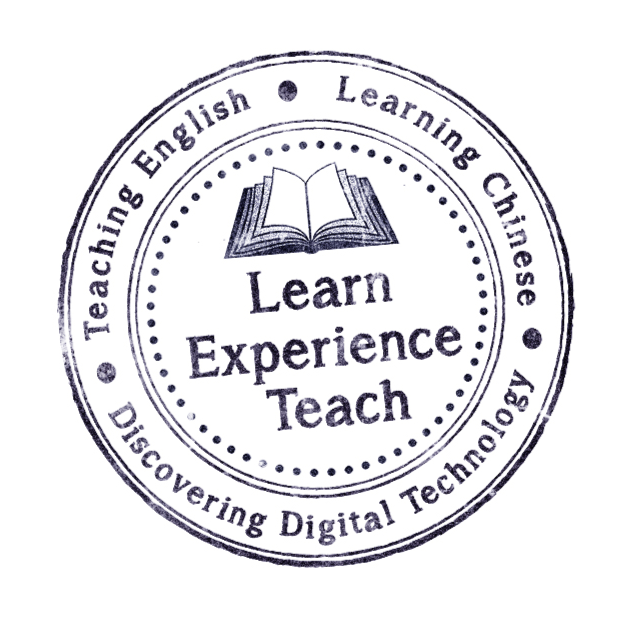I recently re-listened to this interview of Daniela Schiano Di Cola (which I first listened to when I was participating in LTMOOC) who creates content for Diplomatic Language Courses. She mentions many useful language teaching resources, including the SCOLA website.
Finally, I stumbled across this YouTube video on “How to learn a foreign language: methods and principles” by Luca Lampariello by chance.
My Thoughts
I like what he has to say. You can take his advice from a learning, AND teaching perspective. He touches on Education Psychology, which really resonates with me. He notes that there is no one, single, ideal or perfect way of learning. We, the students, are individuals, with different backgrounds, needs, motivations etc. which must be understood and responded to, in order to allow us to learn in the best way possible.
He goes on to discuss the way he learns, which is based on a translation method. (Comparing bilingual texts). And suggests that most of us have the ability to teach ourselves a language. I agree only to a certain extent. With a popular language like English, many of us are able to absorb as if by osmosis through pop culture. Film, TV programmes and music, spring to mind. This makes learning effortless. However, other languages, where the culture may be less appealing, this makes learning that much more difficult.
Also, I think that self-directed learning is only for the most disciplined of students. The rest of us needing the gentle, supportive and guiding hand of a teacher to pluck the best authentic texts, adapt them to our level and present them to us in a fun and engaging way. With all of the developments I see in digital technology, I also see the need, more than ever, for a “real” teacher and a “real” classroom, human nature being based as it is on human (in-person) interaction. Indeed I see self-directed learning, face-to-face learning, online learning and digital technology as co-dependent parts of the whole that is language learning.
